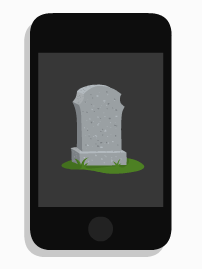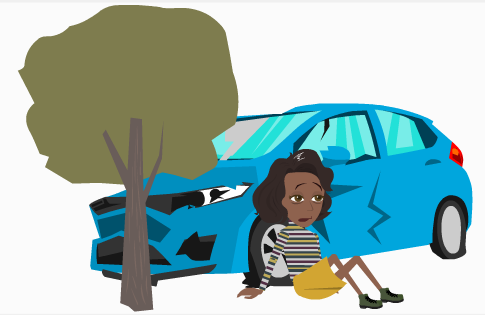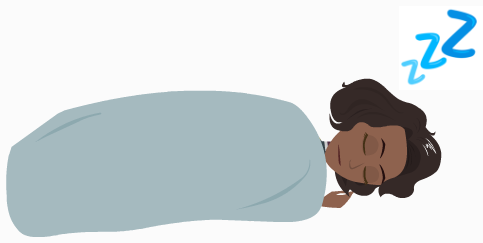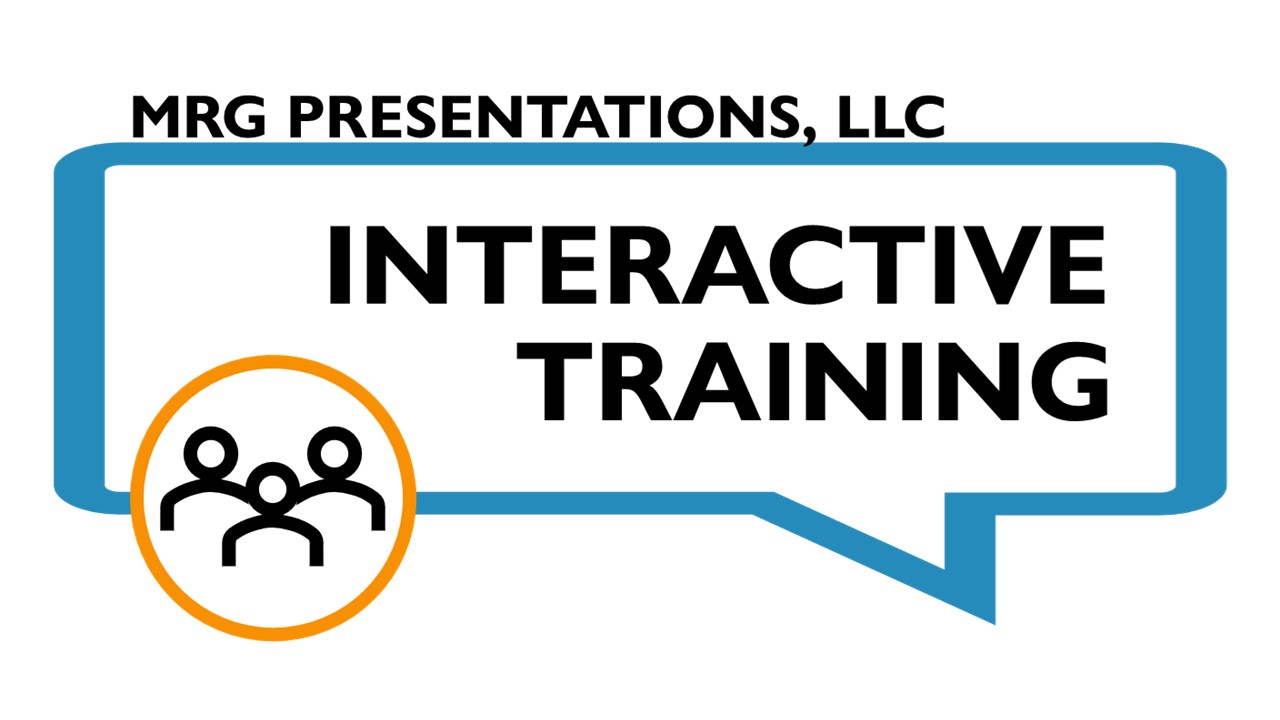POSITIVE HABIT #3: SLEEP TO LIVE

“Excuse me. Can I use one of your outlets?”
It is a question I frequently hear. While I am setting up for a training session, a participant will notice my outlet strip. She wants to charge her phone.

Why?
Because if it is not charged, it doesn’t work. Simple. Without a charge, an iPhone is an expensive paperweight—it cannot function.

But it is difficult for us to apply this simple truth to our own need to recharge—to rest.
Habit #3 focuses on sleep. Remember: a habit is an automatic implementation of a behavior (or set of behaviors) in response to a stimulus. It is what you do when given a cue. You don’t have to think about it; it just happens. Previous habit blogs focus on the Concept of Positive Habits and Expressing Love.
Why sleep?
Dr. David Dinges of the University of Pennsylvania conducted an experiment with frightening results. For two weeks, adults shortened their sleep to six hours per night. At the end of the two weeks, they reported feeling fine. They were not fine. A battery of tests revealed that they functioned with the same impairments as someone who had been awake for 24 consecutive hours. If you have ever been around someone who has not slept for 24 hours, you know that this is a serious impairment.
Why sleep?

Your life might depend on it! Each year, approximately drowsy driving is responsible for 6,400 deaths. Perhaps you have experienced the horror of driving and then waking up. Your presence behind the wheel was like a dead iPhone. Useless. Not getting enough sleep can drastically shorten your lifespan.
You need to recharge.
Shortened lifespan is another overall effect of sleep deprivation. If you regularly get less than five hours of sleep, you DOUBLE your risk of cardiovascular disease. Lack of sleep increases your vulnerability to virus and disease. And are “more likely to die at any age from anything.”
Why sleep?

Lack of sleep causes you to lose focus and gain weight. It increases forgetfulness which can mean lost time correcting mistakes and repairing relationships.
We often lose sleep because we feel like we don’t have time for it. The reality is that loss of sleep can cause you to lose time in vital ways. Shortened lifespan. Decreased productivity. Less free time due to needing to clean up messes that are due to poor focus and memory loss.

There is an old saying, “Don’t sleep your life away.”
Here is another challenge “Don’t red-eye your life away.”
Remember the lady wanting to recharge her phone? Know this. Your life is much more valuable than your tech. Your body needs to recharge, or it will begin to malfunction—or even shut down. Keep your body charged by getting enough sleep. Make it a habit. Strive to get seven or eight hours and see what happens to the quality of your life. It could result in a better and longer life.

Cue: Sleepiness
Old habit: Keep pushing
New habit: Sleep
Reward: Better Health, Better Long-term outcomes in productivity and relationships
